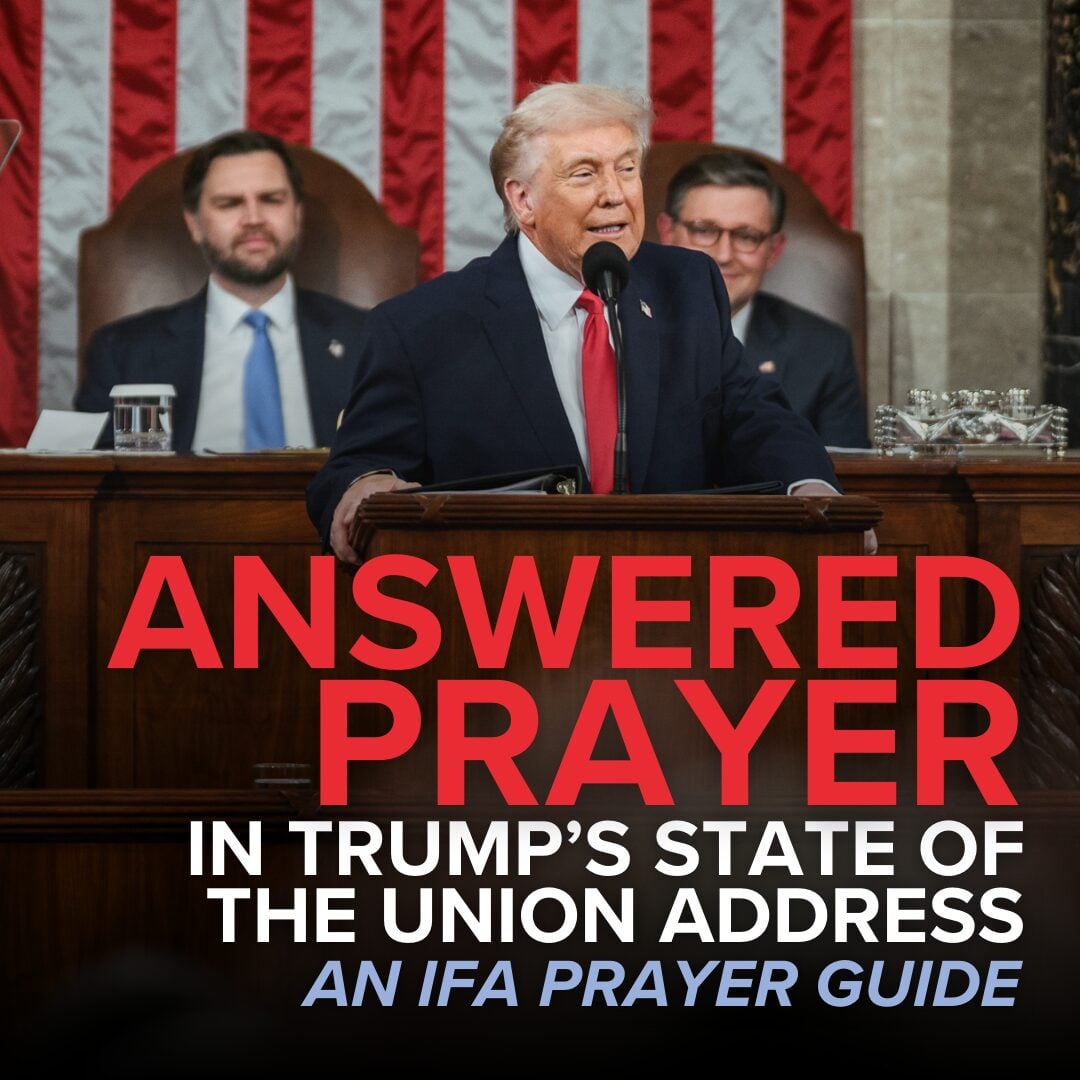GOOD NEWS: FAMILIES GROWN STRONGER DURING COVID
CHRISTIANS ARRESTED SINGING HYMNS
HUNTER BIDEN AND CASH FROM FOREIGN NATIONALS
PRAYING FROM GOD’S PRESENCE
BIOCHIP TO DETECT COVID COMING 2021
GOOD NEWS: FAMILIES GROWN STRONGER DURING COVID
While she’s been cooped up with her husband and two kids during the COVID-19 pandemic, Kait Nielsen, 28, from Layton, Utah, said she has learned a few things — namely, that her family needs a bigger house.
With a 6-year-old and 4-year-old running around all summer while she’s worked from home as a real estate agent, Nielsen said her patience has been tested. But overall, her family relationships have been strengthened — not weakened — during the past six months.
According to the sixth annual American Family survey, a nationwide study of 3,000 Americans conducted in June, Nielsen’s experience is the norm. Thirty-two percent of Americans reported less than average tension among members of their household, compared to 16% who reported more tension.
The numbers change if there is a job loss or financial distress. But the findings punch a hole in the narrative that the pandemic is hurting families.
Fifty-six percent of survey respondents said the pandemic made them appreciate their partner more, while only 10% disagreed, according to the survey, a joint project of the Deseret News and the Center for the Study of Elections and Democracy at Brigham Young University, conducted by YouGov.
Despite challenges with employment, school and childcare, the pandemic has actually made many families stronger, said Karlyn Bowman, a senior fellow at the American Enterprise Institute in Washington, D.C., and an adviser to the survey. . . .
Editor’s Note: The American people have proven time and time again to be resilient. . . .
Consider:
- 47% say the pandemic deepened their commitment to their relationship, but only 9% disagreed.
- Only 13% of those surveyed say the pandemic made them question the strength of their relationship, compared to 62% who disagreed.
- The percentage of respondents who say they eat dinner together daily increased from 48% in 2019 to 54% in 2020.
- Approximately 86% of parents said their children had been somewhat (25%) or very (62%) cooperative with restrictions on social interactions they imposed because of the pandemic. . . .
Still, there are significant pockets of Americans who are struggling with family life, especially those dealing with financial hardship. A quarter of American families have experienced some loss of income, and 37% of those who reported economic crises said the coronavirus had increased stress in their marriage.
“I have quite a few friends who have had eye-opening experiences during all this. Some have gotten divorced, and some have had trouble in other areas.” Nielsen said. “For us, there have been difficulties, but I would say that overall, it’s been pretty good for us.”
Nadine Fonseca, 33, who lives in Austin, Texas, said her relationship with her husband has improved during the pandemic, mainly because they have started doing marriage counseling via telehealth. The couple had been interested in marriage counseling as a way to improve their communication for a number of years, she said, but with work schedules and childcare limitations, it was a “logistical nightmare.”
The pandemic brought telehealth options to their attention, and now they have been attending virtual counseling sessions together for three months. They don’t have to find a babysitter for their four kids, ages 4 to 10, and are able to schedule their sessions after working hours, Fonseca said.
“It’s been very helpful in strengthening our marriage,” said Fonseca, who works as a publisher of a children’s magazine. She added that the coronavirus has unified her and her husband in the effort to protect their family and community. . . .
Most people see their spouse as a source of support rather than as a hindrance to them in the face of a major crisis, said Brad Wilcox, a professor of sociology at the University of Virginia, director of the National Marriage Project and an adviser on the survey. Similar patterns regarding the strength of marriages were seen during the Great Recession, he said.
“When times are tough, we are more likely to turn to friends and family members to support us, comfort us and give us counsel,” said Wilcox.
Both Nielsen and Fonseca recognize they have been fortunate, and their stories might be different if they were experiencing financial distress. Not only does economic stress increase the pressure on relationships, according to the American Family Survey, but 35% of those in economic crisis said they thought they were failing as parents. . . .
The fact that families feel closer emotionally is related to the fact that they are spending more time together, said Bowman. The American Family Survey saw a six-point increase in the percentage of respondents who said they eat dinner together daily, from 48% in 2019 to 54% in 2020.
“That is a significant jump, and it reflects the fact that things have changed during the pandemic and we seem to be adapting pretty well,” Bowman said. “Clearly the family dinner hour is here to stay.”
For Sabrina Ricks Avery, 42, a brand marketing manager who lives in Woodbridge, Virginia, with her husband and four kids, working from home due to the coronavirus and not having to commute means her family has more time together in the evenings.
“Even if we’re ordering takeout, because sometimes we can’t cook a meal, we still sit down for dinner together. We laugh and have that interaction,” Avery said. “Whereas I feel like before it was like, trying to furiously get food on the table, and it was hurry up and eat because I gotta go.” . . .
For the most part, families are even getting along when it comes to pandemic-related public health measures, like wearing masks and social distancing. Children are largely cooperating with parental limitations on social interactions as well.
Only 19% of respondents said there was at least some disagreement in their household about social distancing and other COVID-related guidelines. Approximately 86% of parents said their children had been somewhat (25%) or very (62%) cooperative with the restrictions they imposed, according to the survey.
Fonseca said she and her husband don’t see eye to eye on the efficacy of wearing masks, but they’ve been able to come to an agreement on where and when their family will use them.
“We’re going to err on the side of caution and do our best,” Fonseca said. “The pandemic has been stressful for sure, but it’s unifying as a tangible thing we need to team up on to protect our children.”
(Excerpt from Deseret News. Article by Erica Evans. Photo Credit Flickr.)
Are you encouraged by this news?
Partner with Us
Intercessors for America is the trusted resource for millions of people across the United States committed to praying for our nation. If you have benefited from IFA's resources and community, please consider joining us as a monthly support partner. As a 501(c)3 organization, it's through your support that all this possible.


We use cookies to ensure that we give you the best experience on our website. If you continue to use this site we will assume that you are happy with it. Privacy Policy





Comments
Those I know aren’t focused on marriage relationship as much as having to accept the “no choice” limitation of how poorly the school situation is working. The nonsense the media constantly spouts about vaccines and elections require patient discussion and for myself increased prayer time. I’m no sure quality time has improved since students are in their bedrooms doing school and mom and dad are spread out up and downstairs doing their WFH jobs. I’m no able to translate that into closer or merely mutual acceptance of that which feels like a pot on the boil..just want it done. AND now we have smoke in the air from the many fires in the area.Some days It’t difficult not to focus on areas as needed repentance and the furies of pending judgment. But God…